Mindful In May Encore 2021 | Day 26
Day Twenty-six
DAY 26: Dr Elise Bialylew interviews Tania Singer
Video Objectives About Dr. Tania Singer Video Objectives
In this video, you’ll learn:
- How to build your mental fitness and resilience.
- The power of compassion and the research which supports its benefits.
- How to avoid burnout when faced with the suffering of others, and the crucial difference between empathy and compassion.
- A practice to build resilience and reduce compassion fatigue when experiencing the suffering in the world.
- The science of inner work and how it can benefit the world more broadly.
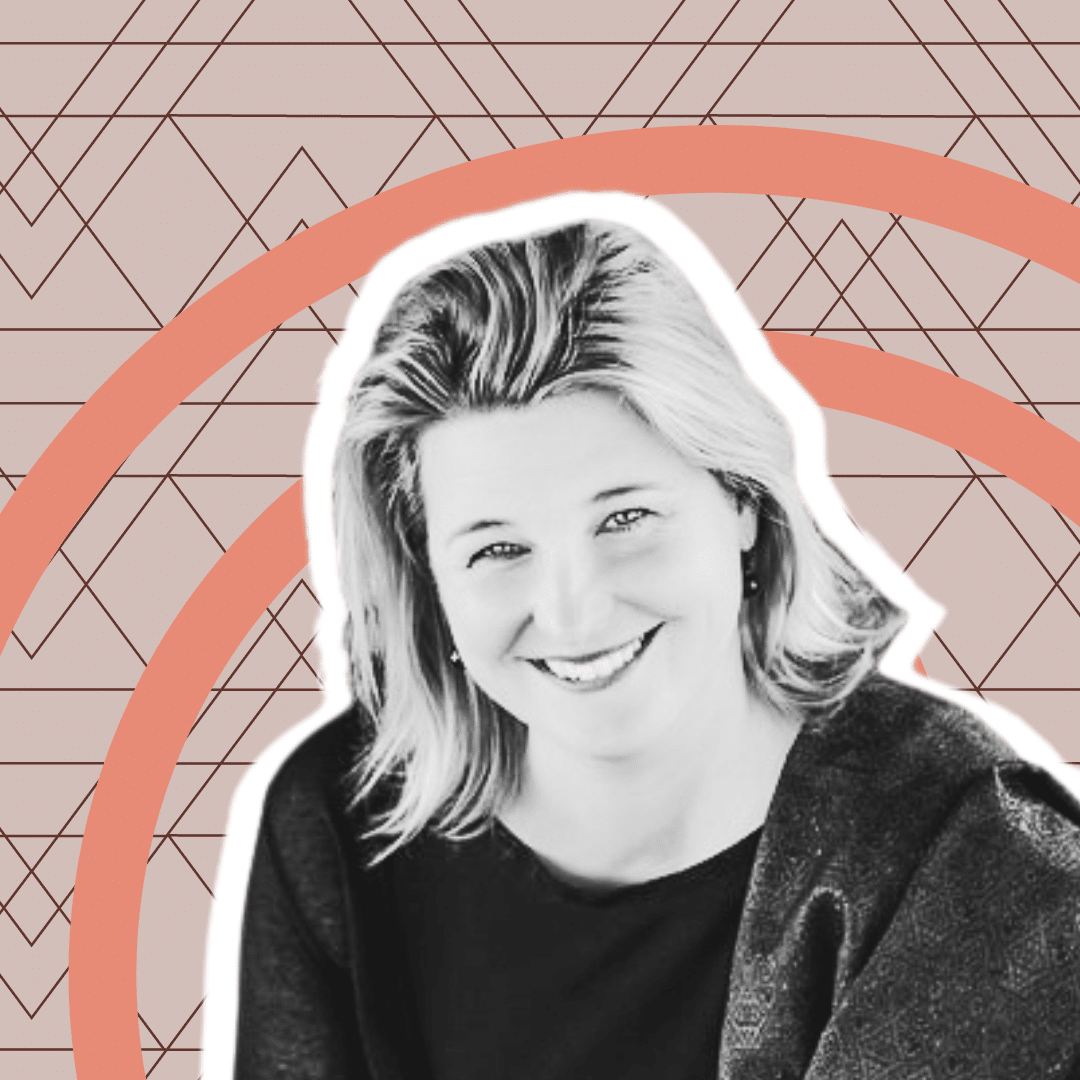 Dr. Tania Singer is the head of the Social Neuroscience Lab of the Max Planck Society in Berlin. She is founder and principal investigator of the ReSource project, a large-scale longitudinal study on the effects of mental training on brain plasticity, mental and physical wellbeing and prosocial behavior, co-financed by the European Research Council. She further holds a cooperation with Prof. Dennis Snower, the former president of the Kiel Institute for the World Economy, on the topic of Caring Economics, funded by the Institute of New Economic Thinking. They investigate how biology and psychology can inform new economic models and decision-making. In the context of her longtime membership at the Mind and Life Institute, she helped organize together with Matthieu Ricard two large-scale conferences with the Dalai Lama in 2010 in Zürich and in 2016 in Brussels. These two conferences were published in two books, “Caring Economics” and “Power and Care”. Tania has further published her findings in more than 150 high-impact peer-reviewed journals and book chapters.
Dr. Tania Singer is the head of the Social Neuroscience Lab of the Max Planck Society in Berlin. She is founder and principal investigator of the ReSource project, a large-scale longitudinal study on the effects of mental training on brain plasticity, mental and physical wellbeing and prosocial behavior, co-financed by the European Research Council. She further holds a cooperation with Prof. Dennis Snower, the former president of the Kiel Institute for the World Economy, on the topic of Caring Economics, funded by the Institute of New Economic Thinking. They investigate how biology and psychology can inform new economic models and decision-making. In the context of her longtime membership at the Mind and Life Institute, she helped organize together with Matthieu Ricard two large-scale conferences with the Dalai Lama in 2010 in Zürich and in 2016 in Brussels. These two conferences were published in two books, “Caring Economics” and “Power and Care”. Tania has further published her findings in more than 150 high-impact peer-reviewed journals and book chapters.
Prefer to listen, rather than watch? Click the play button below.
[accessally_missing_all_tag tag_id=’657,814′ comment=’MLP Purchaser (AnyTime),MIMEncore2021_POP_Upsell’]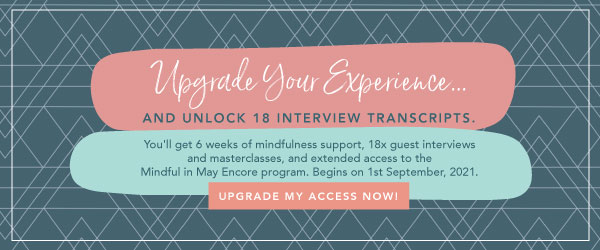 [/accessally_missing_all_tag]
[/accessally_missing_all_tag]
Download your Transcript here.[/accessally_has_any_tag]
Your meditation for today
Breath And Compassion Meditation with Elise Bialylew
WELCOME TO DAY 26
As we develop the skill of bringing greater compassion to ourselves, we also become more skilled at relating to others with greater compassion and kindness.
As Eckhart Tolle says:
So mastering the art of self-compassion is also an act of generosity as we become better at bringing that attitude of kindness and caring to others.
This is something that I often wondered during my medical training and that many people have asked me about: how do we face other people’s suffering without becoming overwhelmed or getting burned out?
It’s a really important question, especially at a time when there is a lot of suffering in the world, and it’s easy to feel overwhelmed.
In today’s interview with Tania Singer (a world expert in social neuroscience, who has spent decades investigating the neuroscience of compassion) she helped answer that question.
Tania’s work is really significant as it gives us an understanding of how we can meet others’ stress and suffering in a way that actually builds our own resilience rather than burning us out.
And the key is to practise compassion, rather than just to meet people with empathy.
Tania explains the difference between empathy and compassion like this: empathy is “a sharing of an emotion” – if you’re in pain and I’m empathising, I’m actually feeling your feeling. What’s completely fascinating is that when you are feeling empathy with someone, the “pain” circuits in your brain are firing. In other words, you literally are feeling their pain through your own pain brain circuits, so staying in empathy for too long can put us at risk of what she calls empathic distress or a type of burnout.
In her study of the brains of monks, she discovered that compassion was a very different entity to empathy.
She explains:
So empathy and compassion are two very different experiences – one painful and at risk of burning us out, the other actually evoking our reward centres.
Tania concluded that empathy is important for that initial ability to resonate with someone’s suffering, but then we need to have the ability to switch to compassion and activate the different brain circuit.
Compassion, while benefiting other people, also ensures we can sustain our caring efforts rather than getting burnt out by empathic distress, which is in fact a large reason many health professionals leave their work – so compassion is a very valuable tool to develop.
And we can build that into our lives through regular meditation practice.
Be Mindful after August
Continue your mindfulness journey for 6 weeks with guidance from Elise and extend your access to the Mindful in May Encore program.
UPGRADE NOW AND SAVEstay on track
mark off your daily progress here
[progressally_objectives]
[progressally_progress_pie_chart size=”80″]

DONATE HERE
If you’d like to make a donation and be part of this impact you can still do so right here – every $50 will bring clean water to one person for life!
DONATE NOW
Bonus Interviews
Watch Elise’s conversations with four leading wellbeing experts.
WATCH NOW Back to Mindful in May